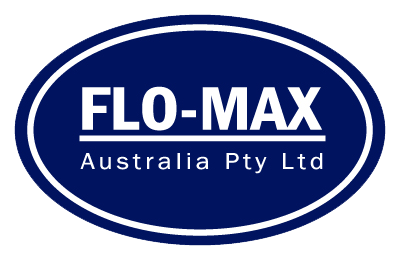CHEMICAL CLEANING
Chemical cleaning provides an efficient means for weld passivation and the removal of scale and deposits from very simple to extremely complex equipment, tanks and piping systems, complicated by pipe layout, multiple diameters, pressure limitations or access.
Flo-Max Australia offer a complete chemical cleaning solution utilising a wide variety of chemicals. The experience and diversity of our field personnel and management staff has led to the development of innovative procedures to provide solutions to minimise chemicals and disposal costs, whilst enhancing the desired cleanliness outcome.
EQUIPMENT:
Equipment is carefully selected to ensure compatibility with the many corrosive cleaning chemicals needed and the corrosive nature of the product remaining on the equipment surface. Flo-Max Australia have an impressive fleet of chemical cleaning equipment ranging from large skid mounted diesel driven pumping sets to small air operated diaphragm pumps, complemented with an array of tanks, hoses and ancillary equipment manufactured from a variety of materials - ranging from polypropylene to stainless steel.
EXAMPLES OF CHEMICAL CLEANING APPLICATIONS:
Heat exchanger / boiler cleaning
Degreasing and cleaning of hydraulic systems
Weld passivation
Removal of scale and hard deposits
Oxygen and nitrogen system cleaning
Corrosion inhibition
Tank / Vessel cleaning and neutralising
Commissioning and passivation of carbon steel pipelines
PIG CHEM TRAINS:
The Flo-Max Australia team developed Pig-Chem Train technology, which combines pipeline pigging and chemical cleaning procedures to provide significant cost and environmental benefits in both the purchase and subsequent disposal of chemicals and resultant residues. Pig-Chem trains are used during pipeline pre-commissioning with the following objectives:
Environmentally friendly
Minimisation of the volume and hence the cost of chemicals required
Minimise transport costs and disposal costs of spent chemicals
Ensure the complete internal surface contact with the cleaning chemicals
Offer visual confirmation of pipe wall cleanliness
Complies with International Gas Codes

